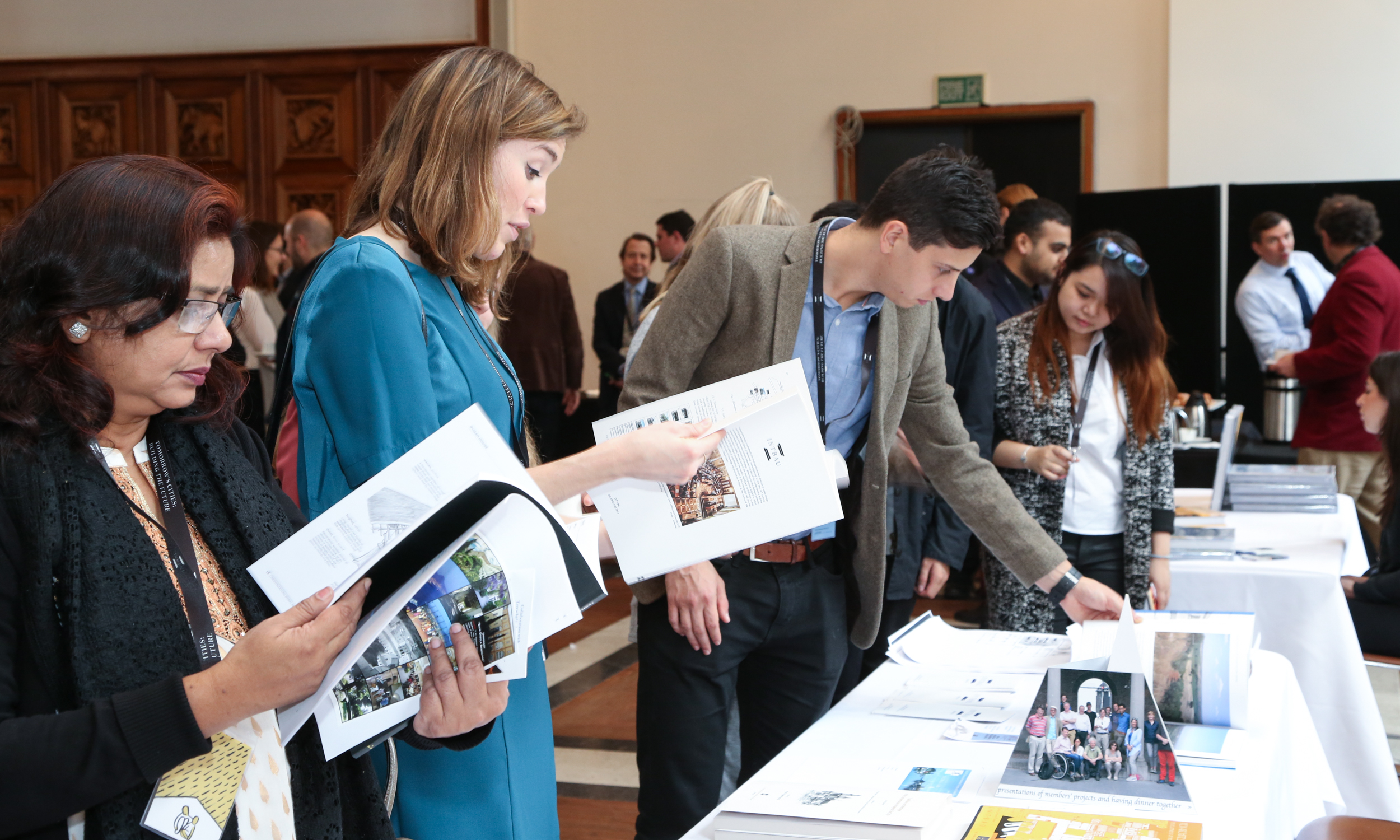Why Everything Old Is New Again
INTBAU World Congress 2018: Everything Old Is New Again
27th – 28th November, Royal Society of Arts, London
INTBAU is delighted to announce the 2018 World Congress Everything Old is New Again on 27th and 28th November at the Royal Society of Arts, London.
Attracting key speakers and senior international figures from a range of backgrounds the INTBAU World Congress is a popular biennial forum which brings together global perspectives and knowledge for discussion and debate of pressing issues and difficult questions facing the built environment in communities around the world.
The high level debate and discussion at the World Congress has afforded INTBAU the opportunity to publish calls to action and positioning research on the benefits of traditional architecture and urban design in creating better places for people to live that have been shared around the world.
Over three sessions entitled Contexts, Materials and Identities, the 2018 Congress will explore in the context of globalisation, rapid urbanisation, and climate change what appears to be a resurgence in the use of natural materials and traditional forms for buildings and places.
Using perspectives and case studies from developed and developing economies around the world, speakers, panels and audience discussions will consider what could lie behind this resurgence. To what extent and where is it taking place in the world? Is it the expression of a quest for identity and meaning, or of nostalgia for the past in the face of an uncertain future? Is it an inevitable, and perhaps temporary, shift into a new period of architectural style, or does it come from an environmental awareness that resources are finite?
The Congress will explore opposing views on the resurgence and whether it is Western-led, coming from a position where there is the luxury of choice. The use of traditional forms and materials are often stigmatised in many developing economies, meaning it risks being patronising to suggest their use instead of more modern materials, such as concrete. Could there be other ways we can build ecologically without a return to vernacular traditions?
At the heart of the debate will be whether old solutions can really help solve the social and environmental challenges faced by communities around the world, today.
Harriet Wennberg, Executive Director, INTBAU, said:
“Vernacular architecture shapes local materials into structures that are adapted to local climate and context. Necessity used to play a critical role in the selection of material and form. Over the past few centuries, technological advances have helped make necessity unnecessary, but as globalisation, rapid urbanisation and climate change affect populations everywhere, are we re-entering an age of necessity?
Whatever lies behind it, a resurgence in the use of natural materials and traditional forms could be taking place precisely when there is an increasingly desperate global need for resilient architecture.”
The Congress will also celebrate the contributions that traditional methods of building and place-making offer to communities around the world with the presentation of INTBAU’s Excellence Awards. On 28th November, immediately following the Congress, the INTBAU Excellence Awards will be presented in the Great Room at the Royal Society of Arts. There are four categories for the Awards: Community Engagement; New Building; Urban Design; and Emerging Talent. Full details of the submission criteria and the closing date for entries can be found here.
For a list of confirmed speakers and the full programme for this year’s Congress, please see here.
Bookings: Concessions and discounts on early bookings are available. Tickets can be booked here.
